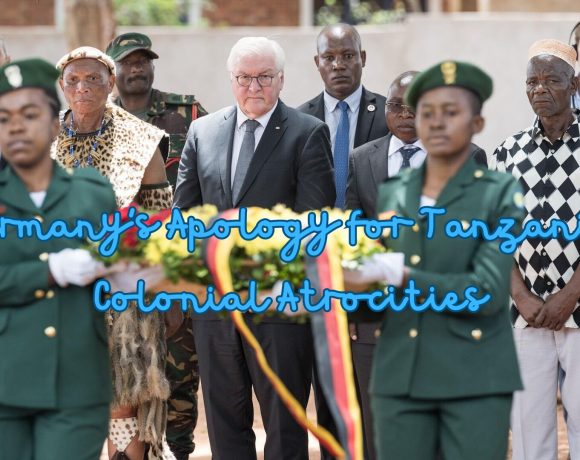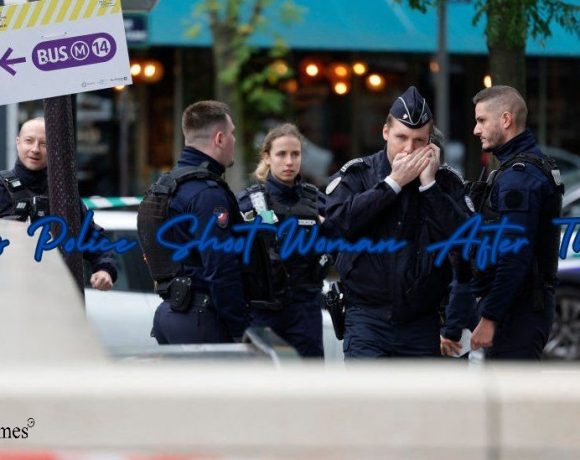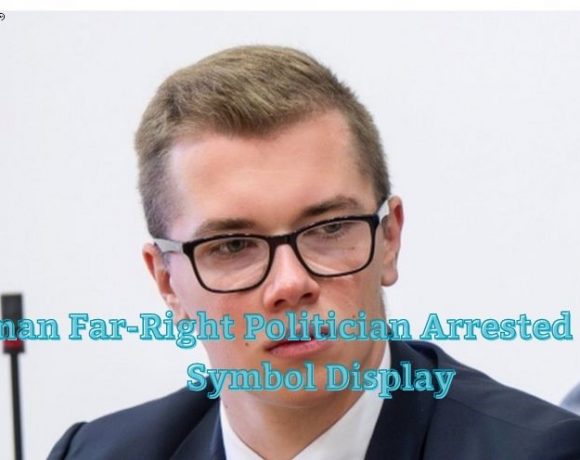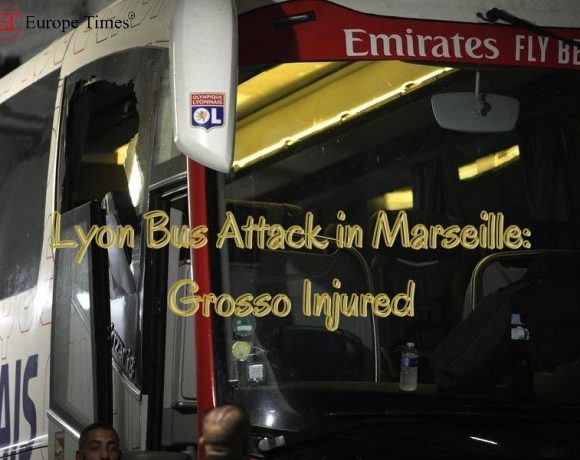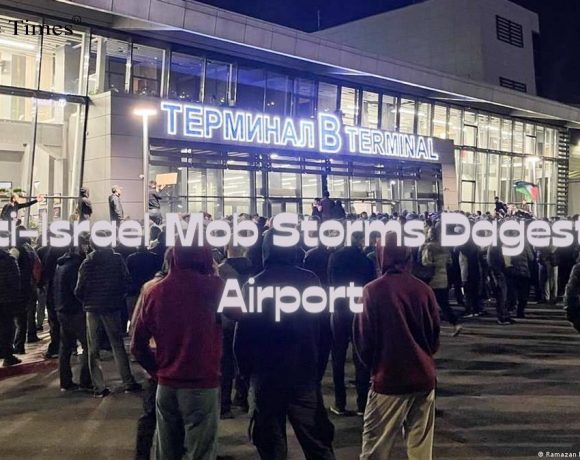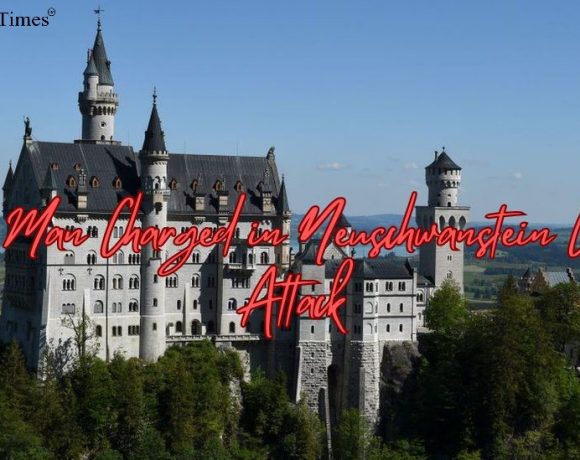In recent developments in the Paris area, an unsettling series of events has unfolded, with the discovery of multiple Stars of David graffitied on buildings, invoking a chilling reminder of historical anti-Semitic sentiments. Approximately 60 Stars of David were found painted on walls in the 14th arrondissement of Paris during the course of Monday night.
The surge in anti-Semitic incidents within France has been a growing concern, with over 850 such acts reported since the Hamas attacks in Israel on 7th October, as disclosed by Interior Minister Gérald Darmanin. Paris authorities have swiftly responded, announcing the launch of an investigation into the degradation of property exacerbated by racist intent.
Residents affected by this abhorrent act expressed their distress, one individual shared with BFMTV, “I am crying, because I am once again seeing the hate that we received when I was a child. I can’t understand it.”
In a statement, the mayoralty of the 14th arrondissement emphasized that the incidents “recall the events of the 1930s… which led to the extermination of millions of Jews.” Deputy to Paris Mayor Anne Hidalgo, Emmanuel Grégoire, pledged to remove the stars and initiate a comprehensive investigation, affirming that “antisemitism continues to kill. We will never give up the fight.”
The spread of the graffiti extended beyond the Parisian center, with similar markings discovered in suburbs such as Vanves, Fontenay-aux-Roses, Aubervilliers, and Saint-Ouen. Reports indicated that some of the stars were accompanied by inscriptions like “from the river to the sea, Palestine will win.”
Expressing condemnation and concern, various political leaders, including Prime Minister Elisabeth Borne and President Emmanuel Macron, voiced their alarm at the disturbing trend. A notable concern is the potential spillover of tensions from the Israel-Hamas conflict into France. According to a poll conducted for BFMTV, 83% of French people are troubled by the sharp increase in anti-Semitic incidents.
In response to the escalating situation, Mayor Karim Bouamrane of Saint-Ouen demanded that the perpetrators of the “antisemitic and racist” graffiti be prosecuted to the fullest extent of the law. However, prosecutors have cautioned that it is still uncertain whether the stars are inherently antisemitic in nature.
Addressing the issue, Justice Minister Eric Dupond-Moretti disclosed that approximately 400 individuals had been arrested for committing anti-Semitic acts this month, underscoring the urgency to confront and counteract this disturbing trend.
Picture Courtesy: Google/images are subject to copyright
